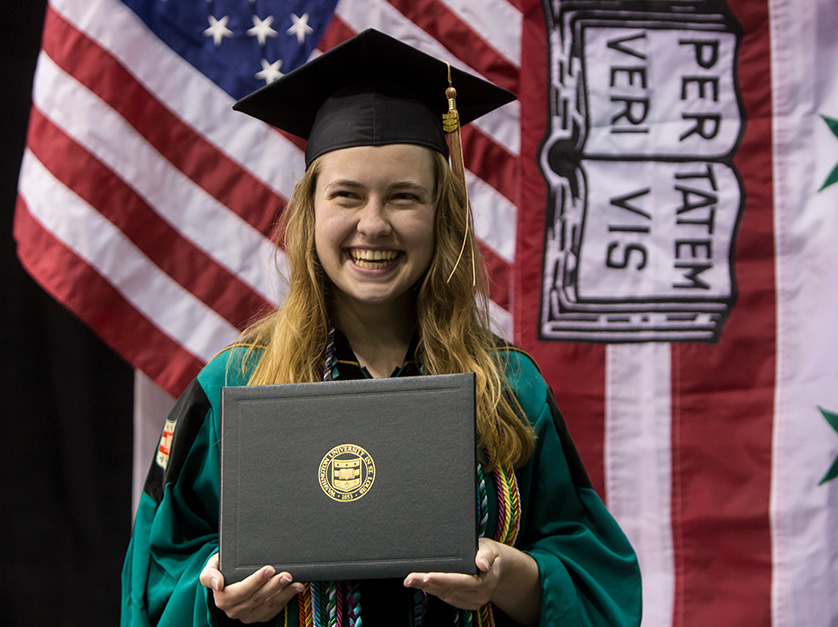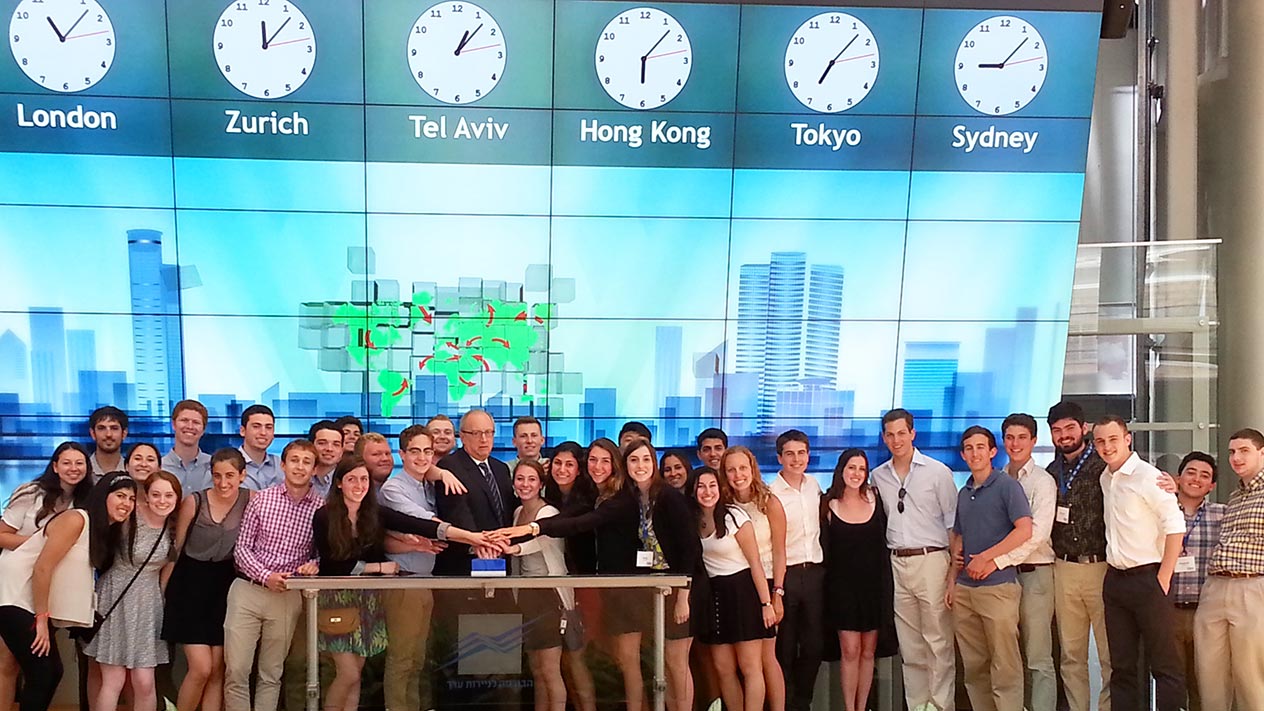Confront challenge,
create change.

Become a principled leader for tomorrow with a world-class business education today.
Our Values Based, Data Driven™ curriculum will transform the way you look at business. Develop an expansive worldview. Solve real, complex problems. And call the most brilliant business leaders your mentors and your friends.
Our Programs
Explore our degrees, certificates and more. Find the degree or certificate that best fits your interests, your life and your aspirations.
Graduate

We offer everything from the traditional, on-campus business school experience (but better!) to options for full-time working professionals. Whether you’re beginning your career or looking to take the next step, we have programs for you.

MBA Programs

Specialized Master’s Programs
Executive Education

Take a course, develop corporate programs or earn a certificate or degree. Our executive education options help you develop critical business skills, cultivate high-potential leaders and advance your organization.

Executive Education | Certificates
Doctoral

WashU Olin is one of the nation’s leading R1 research institutions—and we’re ready to help you advance your knowledge with a PhD in Business or a Doctor of Business Administration.

Doctoral Degrees
Undergraduate

At Olin, you start taking business courses in your first semester. You solve real-world problems and sharpen your analytical skills. And you learn from some of the brightest minds on our campus and in classrooms around the world.

BS in Business Administration


